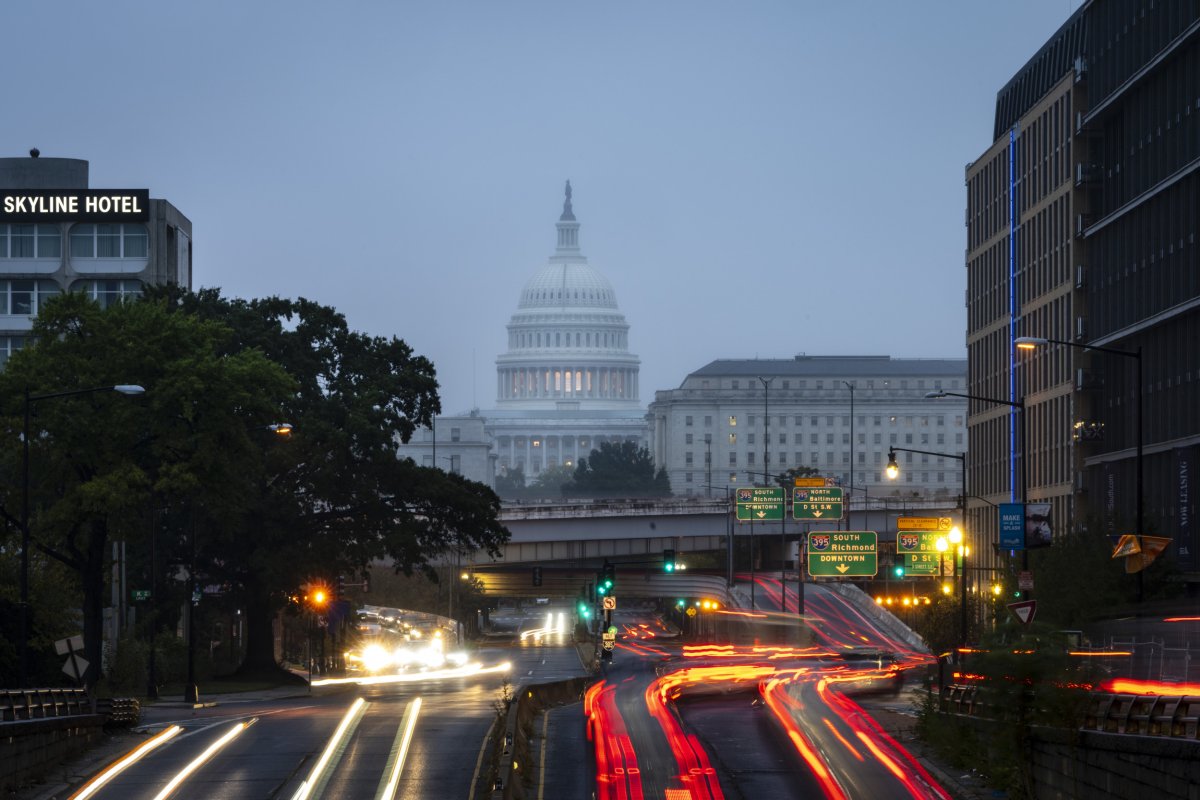Given the heightened tensions this past month in Congress, one can be forgiven for missing a recent wave of notable bipartisan victories. Now, as the annual defense spending bill makes its way through the legislative process, Democratic and Republican lawmakers are hoping to extend this bipartisanship to a critical—if much less discussed —area of agreement: updating America's aging anticorruption infrastructure. Their end product, the ENABLERS Act, is a deal both parties can love.
But ENABLERS' broad bipartisan support is no guarantee of success. Americans will need their elected officials to come together to protect our financial and national security from foreign exploitation.
The United States is flooded with dirty money sent in from corrupt foreign officials and their oligarch allies—but thanks to the loopholes that weaken our ability to fight financial crime, no one can say how much ill-gotten cash is currently stashed stateside. The glimpses we do get from document dumps like the Panama Papers and Pandora Papers are nevertheless jaw-dropping.
Gaps in the U.S.' anticorruption infrastructure help authoritarian regimes like Russia maintain and grow their power. For example, a U.S.-based financial middleman was able to form a company in Delaware that reportedly owns a $15 million mansion in Washington, D.C., linked to one of Vladimir Putin's closest allies. Also reportedly connected to the oligarch is a $14 million townhouse in New York City owned by a separate Delaware company.
Pick a point on the globe, and the trend is the same: When state actors get involved, the amount of money skyrockets. Corrupt sources connected to the Malaysian government, for example, used intermediaries, some with U.S. connections, in their scheme to steal and hide over $4.5 billion from Malaysia's public investment fund.

The ENABLERS Act would empower the U.S. Treasury Department to fix many of the most egregious holes in our anti-money laundering (AML) regime. Perhaps the largest of those being the fact that while American banks are required to perform AML checks on their clients, including conducting due diligence on those clients and filing Suspicious Activity Reports (or "SARs") on questionable transactions that clients make, the enablers who also serve as gatekeepers to our financial system—investment advisers, certain lawyers and accountants, and people who form or register companies for others—are not required to do so.
These new powers, coupled with dedicated federal resources for local, state, territorial, and tribal governments to implement and enforce the law, will better allow the Treasury Department to crack down on the financial middlemen helping to bring dirty money into American communities.
Money laundering might seem like a white collar enterprise, but that illicit wealth ends up financing crimes as diverse as human trafficking, arms dealing, and drug smuggling. The United States Strategy on Countering Corruption, released by the Biden administration last December, plainly labels foreign money laundering as a pressing national security risk. And for nearly two decades, the State Department has identified money laundering as a "global threat" used to manipulate U.S. markets and finance terrorism. Money laundering has financed some of the worst abuses of international law and human rights in recent memory: Russia's cross-border money laundering not only props up the Vladimir Putin regime, it has directly funded Putin's military adventurism in places like Libya, where he used laundered money to undermine American and international peacekeeping efforts. And China has leveraged our easily exploited markets to consistently beat American firms for key strategic investments in Africa.
Our adversaries have made clear that they will take the easiest route to getting their dirty money out of the reach of their citizens and into the international system. And right now, that means using American enablers to inject it into our own financial system. Unless Congress acts, authoritarian leaders and their networks of oligarchs will use our systems against us to fund escalating attacks on the rule of law and on democracy itself, as the world has seen in Ukraine.
The ENABLERS Act can bring America's fight against authoritarianism into the 21st century, and send a clear message to our adversaries that we're closing the gate on their misuse of our own financial system. That's good for the American people, good for the victims of corruption around the world, and good for the future of democracy.
Scott Greytak is the director of advocacy for Transparency International U.S., the world's oldest and largest anticorruption network.
The views expressed in this article are the writer's own.
Uncommon Knowledge
Newsweek is committed to challenging conventional wisdom and finding connections in the search for common ground.
Newsweek is committed to challenging conventional wisdom and finding connections in the search for common ground.
About the writer
To read how Newsweek uses AI as a newsroom tool, Click here.








